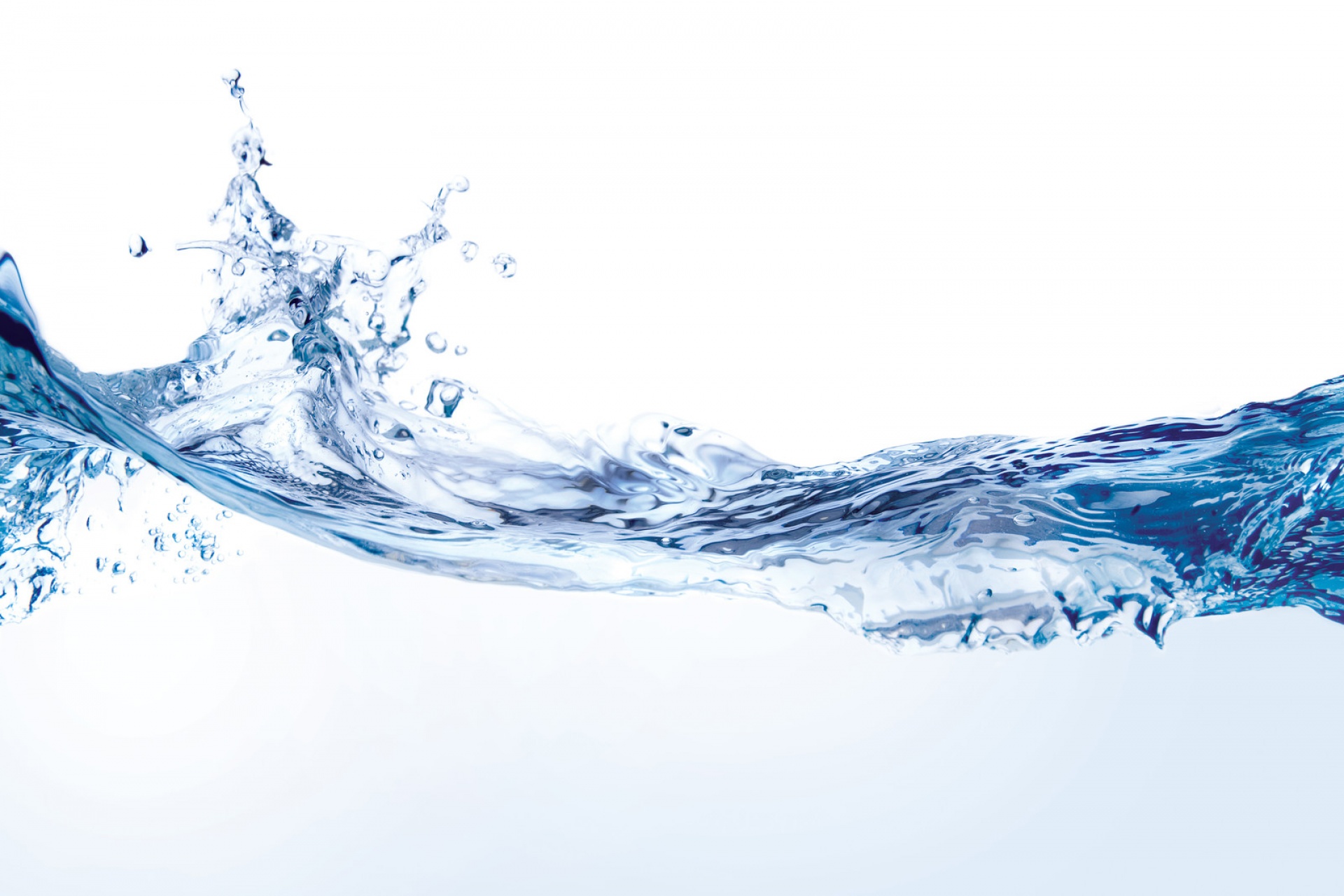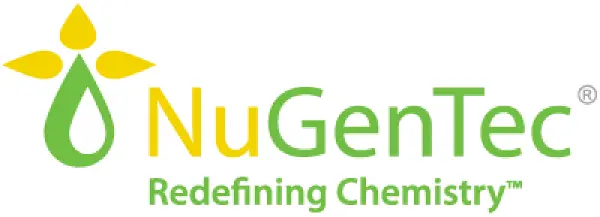December 13, 2018 Choosing a Compatible Heat Transfer Fluid
When selecting a heat transfer fluid, there are many properties to consider: Physical characteristics such as viscosity, thermal conductivity, specific heat, and density will affect the performance of the heat transfer fluid, while gasket, polymer and metal compatibility will determine whether a heat transfer fluid will fit into a system as is, or end up purging profits in repair and maintenance costs.
NuGenTec has developed a highly compatible heat transfer fluid, NuTherm HC-50, which has physical properties that give it superior performance for low-temperature, closed systems compared to glycols, PAG, calcium chloride, trichloroethylene, and dichloromethane. In addition to more effective heat transfer abilities, NuTherm HC-50 has a built-in corrosion inhibition and flash-rust protection package and greater thermal stability than competing products. This article will explore the topics of pitting corrosion and thermal degradation for glycol, PAG, and calcium chloride based heat transfer fluids.
What is Pitting Corrosion?
- Pitting corrosion is a localized corrosion in which small holes, also known as cavities or pits, are formed. These are considered to be more dangerous than uniform corrosion because pitting corrosion is more difficult to detect. In addition to decreasing thickness in localized areas, these pits are prone to fatigue and stress corrosion cracking, thus rendering one small pit into a catastrophic system failure.
- NuTherm HC-50 contains a robust corrosion inhibition and flash-rust protection package that is specifically crafted to prevent pitting corrosion.
How Does Thermal Stability Affect Corrosion?
When using a glycol or PAG-based heat transfer fluid, the contents of your heat transfer fluid won’t keep their original form under demanding thermal conditions. These heat transfer fluids follow the same principle as buying a new car, as soon as you drive it off the lot, it loses value. In this case, after you start using your heat transfer fluid, it will break down into something else and some of these products can lead to pitting corrosion. One of the benefits that makes NuTherm HC-50 stand out from other heat transfer fluids is its thermal stability. Let’s look at the thermal degradation process to see how glycols break down during heat transfer:
Thermal Degradation of Glycols
Glycols used as heat transfer fluid include Propylene Glycol, Ethylene Glycol, and synthetic PAG (polyalkylene glycol). Glycols are essentially carbon and hydrogen chains with two alcohol groups and, in the presence of oxygen and heat, they can be oxidized and broken down. Depending on the conditions, they will break into aldehydes, ketones, dioxolanes, and acids. As you might infer, these thermal degradation products do not have the same physical properties as the original glycols and, in the case of acid formation, breakdown products could lead to expedited corrosion.
Calcium Chloride and Corrosion
Calcium Chloride and other brine solutions have high corrosion rates in comparison to NuTherm HC-50, leading to increased costs in repair and maintenance, leading to a loss of profits. In addition to increased corrosion, calcium chloride has a higher viscosity than NuTherm HC-50. When a heat transfer fluid is highly viscous, this means that intermolecular forces will impede the movement of the fluid, which is not favorable. In addition to its lower corrosion rates, NuTherm HC-50 performs better than calcium chloride because it has lower viscosity.
NuTherm HC-50 and Compatibility
NuGenTec’s NuTherm HC-50 is non-toxic, non-flammable, and has a robust corrosion inhibition package making it ideal for use in closed systems down to -50°C (-58°F) and up to 218°C (425°F). In addition to its high thermal conductivity and specific heat, as well as lower viscosity, NuTherm HC-50 has excellent thermal stability and outperforms glycols, PAG, calcium chloride, trichloroethylene, and dichloromethane.
NuGenTec: Redefining Chemistry
To learn more about the physical properties and gasket, polymer and metal compatibilities of NuTherm HC-50 and NuGenTec’s healthier, more environmentally responsible, and less costly alternatives for your industrial processes, contact NuGenTec today.?
|



